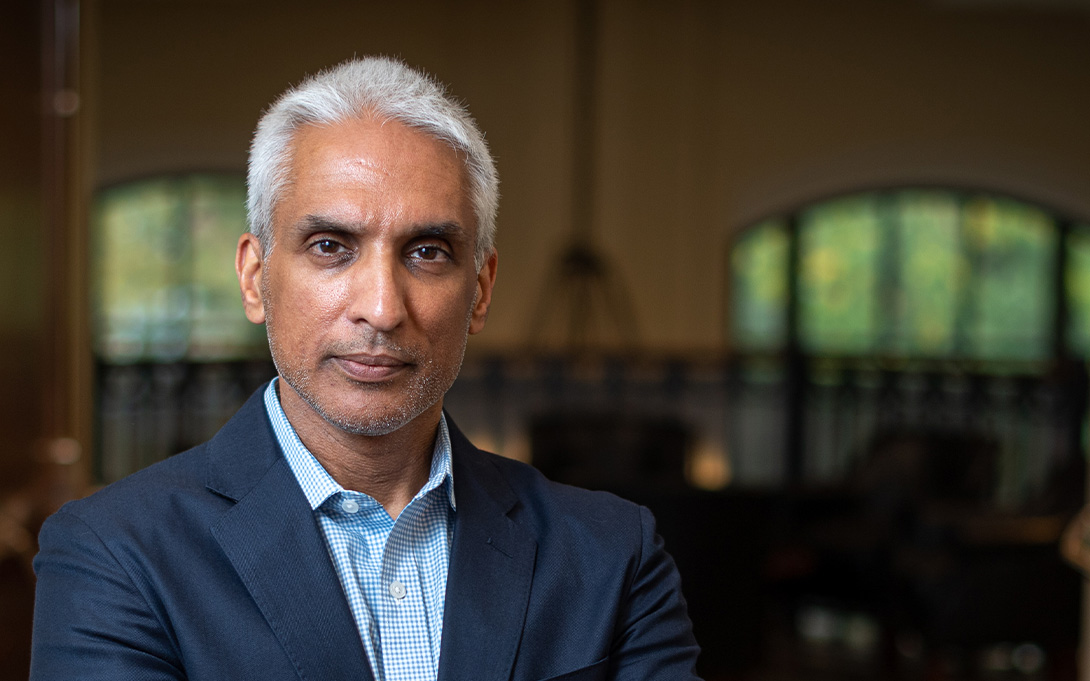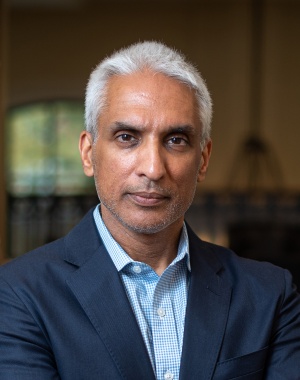
Ford School professor Javed Ali has been speaking to the media about lessons learned in the 21 years post-9/11 and the FBI's role in securing top secret documents.
Here is a collection of his recent media interviews in September:
“Better check Bedminster”: Video shows Trump boarding plane with boxes after feds asked for docs, Salon, September 12, 2022
"The mere fact that they were top secret FBI documents (means) they only should have been stored, processed, handled in a Sensitive Compartmented Information Facility and Mar-a-Lago clearly was not," said Javed Ali, associate professor of practice at the Gerald R. Ford School of Public Policy at the University of Michigan and a former senior counterterrorism official at the Department of Homeland Security.
Javed Ali on National Security Priorities 21 Years After 9/11, Pell Center for International Relations and Public Policy, September 12, 2022
"It’s been a long and winding road in counterterrorism. So where we are now in 2022, all these years later? I think we have crossed an inflection point in national security where counterterrorism is no longer the number one dominant national security priority that literally draws all of the time, attention, resources, and capabilities of the U.S. government against terrorist threats, mostly overseas. That moment for our country has come and gone. Probably since the Trump years into 2020, the priorities and landscape for national security have shifted, where counterterrorism is still important, but it is not the singular dominant issue the way it was for so many years after 9/11.”
Joy Reid: Trump appeared to indicate he intentionally sent docs to Mar-a-Lago in new interview, MSNBC, September 22, 2022
“To get to these questions, I just think it’s another example of President Trump reaching in different moments of time for different strategies that may try to throw the trail off of his potential culpability here. So suggesting that these other schemes are in place just seems to be a part of the playbook. And going back to some of the earlier points you raised at the beginning of the clip about the classification process — the president, even though they have broad powers under Article II as commander-in-chief, cannot magically declassify anything on a whim. It has to go through a formal process. And as a former intelligence officer, I know it’s very deliberate, it’s very methodical. The intelligence community has to take a step back and look at the potential risk to intelligence sources, methods, and any mitigation plan to restore lost collection once you declassify something. And so, none of that happened in this case. And again, this claim that he just thought about declassifying something and it thereby made these super sensitive documents automatically declassified, just doesn’t hold."
Why Is The FBI Accused Of Politicization?, Newsy, September 26, 2022
Decades ago, the FBI was used as a political tool, according to Javed Ali, a national security professor at the University of Michigan who also worked in the FBI for 11 years. "The history going back to the fifties, sixties, into the seventies, shows that the bureau, unfortunately, made a lot of mistakes on that front."
That was under the 48-year tenure of former FBI director J. Edgar Hoover. In 1975, a Senate committee found that while Hoover was in charge the FBI committed burglaries against dissidents and conducted surveillance on feminist and civil rights groups. Agents also made false accusations against Black civil rights activists and wiretapped Martin Luther King Jr.'s phones.
But Ali says that type of political targeting is not what is happening today. "The FBI has tried really hard not to go down that previous political pathway. It doesn't mean that the FBI is immune from making mistakes, but I don't think it's been because of the institutional focus of the organization," said Ali.

